Why C++ Still Matters in 2025: A Developer's Perspective
C++ has been a cornerstone of systems programming for over four decades. Even as newer languages like Rust and Python rise in popularity due to their safety guarantees and modern features, C++ remains integral to countless mission-critical applications. From operating systems and game engines to high-frequency trading platforms and real-time simulations, the language continues to prove its value. I want to explore why C++ remains so relevant in 2025, what challenges it faces, and how it fits into the broader programming ecosystem alongside Rust and Python. The Enduring Legacy of C++ C++ is more than a language; it's an entire ecosystem built over decades. Its dominance in high-performance domains stems from: Performance and Low-Level Control: C++ allows developers to manage memory and system resources with unmatched precision. Mature Tooling: With a wealth of libraries and frameworks, C++ supports robust development across domains. Industry Trust: Despite new languages, C++ remains a go-to for enterprises where speed, reliability, and deep system access are non-negotiable. According to the TIOBE Index, C++ consistently ranks among the top programming languages globally, a testament to its enduring importance. Performance and Control: Why C++ Still Excels C++ is irreplaceable in areas where performance is paramount: Real-Time Systems: Whether it's algorithmic trading or aerospace simulations, deterministic performance is critical. Game Development: Engines like Unreal rely on C++ to deliver high frame rates and real-time responsiveness. Embedded Systems: Devices with tight resource constraints still depend heavily on C++ for efficient control. While Rust brings memory safety and concurrency to the table, many enterprises are hesitant to replace established, finely-tuned C++ codebases. Interoperability and a Rich Ecosystem C++ boasts a rich ecosystem and strong backward compatibility: Legacy Integration: Many systems include a mix of C and older C++ code. Transitioning entirely to new languages is often impractical. Tooling and Libraries: Decades of development have resulted in stable, well-supported tools. Cross-Language Use: C++ libraries are frequently wrapped for use in Python or interfaced with Rust, enabling hybrid architectures. This makes C++ not only a powerful standalone option but also a strong player in mixed-language environments. Modernization and the Rise of Rust and Python Of course, C++ has its downsides—chief among them being complexity and a steep learning curve. Enter Rust and Python: Rust: Memory safety without a garbage collector, thread safety, and modern tooling make Rust a rising favorite in system programming. Python: Ideal for rapid development, prototyping, and data science thanks to its readability and rich libraries. In my own journey, I’ve moved many new systems toward Rust for the safety and developer experience it offers, and Python for fast iteration. However, for legacy systems or performance-critical code, C++ still reigns supreme. A Personal Transition: C++ to Rust and Python Having spent years with C++, I appreciate its control and power. But I’ve also felt the pain points—manual memory management, cryptic compiler errors, and complex syntax. Switching to Rust brought clarity and confidence. Its compiler enforces safe patterns, while still giving near-C++ performance. Python, on the other hand, is my go-to for scripting, automation, and AI work. That said, I still turn to C++ when performance cannot be compromised or when working with legacy systems that are simply too risky (or expensive) to rewrite. The Road Ahead: Why C++ Will Stay Relevant Looking to the future, here’s why I believe C++ will remain relevant well into the next decade: Critical Infrastructure: Core systems—like kernels, DB engines, and rendering engines—are deeply embedded in C++. Evolving Standards: With C++20 and upcoming C++23/C++26, the language is steadily modernizing while preserving backward compatibility. Hybrid Architectures: In modern systems, C++ often works alongside Python and Rust, not in isolation. C++'s role may shift, but it’s far from obsolete. It’s becoming one tool among many—used where it fits best. C++ continues to thrive in 2025 due to its unmatched performance, broad ecosystem, and foundational role in critical systems. While Rust and Python bring fresh ideas and powerful features to the table, they complement rather than replace C++. As developers, it’s our job to choose the right tool for each job. C++ remains one of the most reliable, efficient, and versatile options in our toolbox—and that’s not changing anytime soon.

C++ has been a cornerstone of systems programming for over four decades. Even as newer languages like Rust and Python rise in popularity due to their safety guarantees and modern features, C++ remains integral to countless mission-critical applications. From operating systems and game engines to high-frequency trading platforms and real-time simulations, the language continues to prove its value.
I want to explore why C++ remains so relevant in 2025, what challenges it faces, and how it fits into the broader programming ecosystem alongside Rust and Python.
The Enduring Legacy of C++
C++ is more than a language; it's an entire ecosystem built over decades. Its dominance in high-performance domains stems from:
- Performance and Low-Level Control: C++ allows developers to manage memory and system resources with unmatched precision.
- Mature Tooling: With a wealth of libraries and frameworks, C++ supports robust development across domains.
- Industry Trust: Despite new languages, C++ remains a go-to for enterprises where speed, reliability, and deep system access are non-negotiable.
According to the TIOBE Index, C++ consistently ranks among the top programming languages globally, a testament to its enduring importance.
Performance and Control: Why C++ Still Excels
C++ is irreplaceable in areas where performance is paramount:
- Real-Time Systems: Whether it's algorithmic trading or aerospace simulations, deterministic performance is critical.
- Game Development: Engines like Unreal rely on C++ to deliver high frame rates and real-time responsiveness.
- Embedded Systems: Devices with tight resource constraints still depend heavily on C++ for efficient control.
While Rust brings memory safety and concurrency to the table, many enterprises are hesitant to replace established, finely-tuned C++ codebases.
Interoperability and a Rich Ecosystem
C++ boasts a rich ecosystem and strong backward compatibility:
- Legacy Integration: Many systems include a mix of C and older C++ code. Transitioning entirely to new languages is often impractical.
- Tooling and Libraries: Decades of development have resulted in stable, well-supported tools.
- Cross-Language Use: C++ libraries are frequently wrapped for use in Python or interfaced with Rust, enabling hybrid architectures.
This makes C++ not only a powerful standalone option but also a strong player in mixed-language environments.
Modernization and the Rise of Rust and Python
Of course, C++ has its downsides—chief among them being complexity and a steep learning curve. Enter Rust and Python:
- Rust: Memory safety without a garbage collector, thread safety, and modern tooling make Rust a rising favorite in system programming.
- Python: Ideal for rapid development, prototyping, and data science thanks to its readability and rich libraries.
In my own journey, I’ve moved many new systems toward Rust for the safety and developer experience it offers, and Python for fast iteration. However, for legacy systems or performance-critical code, C++ still reigns supreme.
A Personal Transition: C++ to Rust and Python
Having spent years with C++, I appreciate its control and power. But I’ve also felt the pain points—manual memory management, cryptic compiler errors, and complex syntax.
Switching to Rust brought clarity and confidence. Its compiler enforces safe patterns, while still giving near-C++ performance. Python, on the other hand, is my go-to for scripting, automation, and AI work.
That said, I still turn to C++ when performance cannot be compromised or when working with legacy systems that are simply too risky (or expensive) to rewrite.
The Road Ahead: Why C++ Will Stay Relevant
Looking to the future, here’s why I believe C++ will remain relevant well into the next decade:
- Critical Infrastructure: Core systems—like kernels, DB engines, and rendering engines—are deeply embedded in C++.
- Evolving Standards: With C++20 and upcoming C++23/C++26, the language is steadily modernizing while preserving backward compatibility.
- Hybrid Architectures: In modern systems, C++ often works alongside Python and Rust, not in isolation.
C++'s role may shift, but it’s far from obsolete. It’s becoming one tool among many—used where it fits best.
C++ continues to thrive in 2025 due to its unmatched performance, broad ecosystem, and foundational role in critical systems. While Rust and Python bring fresh ideas and powerful features to the table, they complement rather than replace C++.
As developers, it’s our job to choose the right tool for each job. C++ remains one of the most reliable, efficient, and versatile options in our toolbox—and that’s not changing anytime soon.


























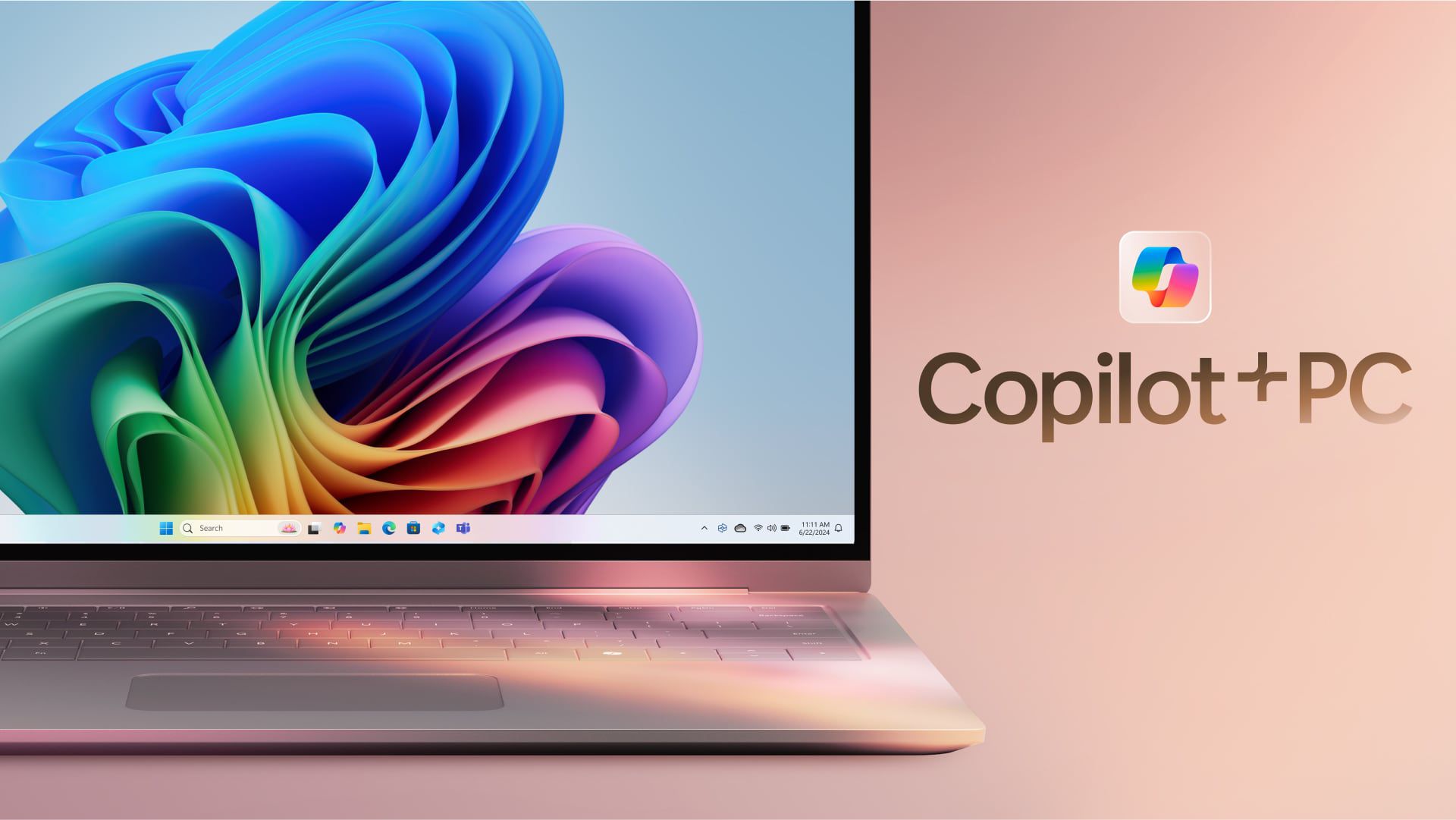






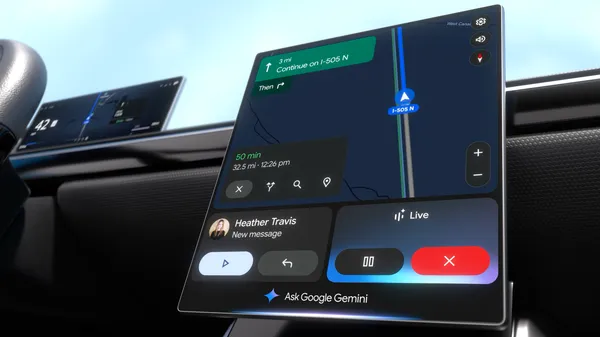






































![Sony WH-1000XM6 Unveiled With Smarter Noise Canceling and Studio-Tuned Sound [Video]](https://www.iclarified.com/images/news/97341/97341/97341-640.jpg)


![Trump Tells Cook to Stop Building iPhones in India and Build in the U.S. Instead [Video]](https://www.iclarified.com/images/news/97329/97329/97329-640.jpg)























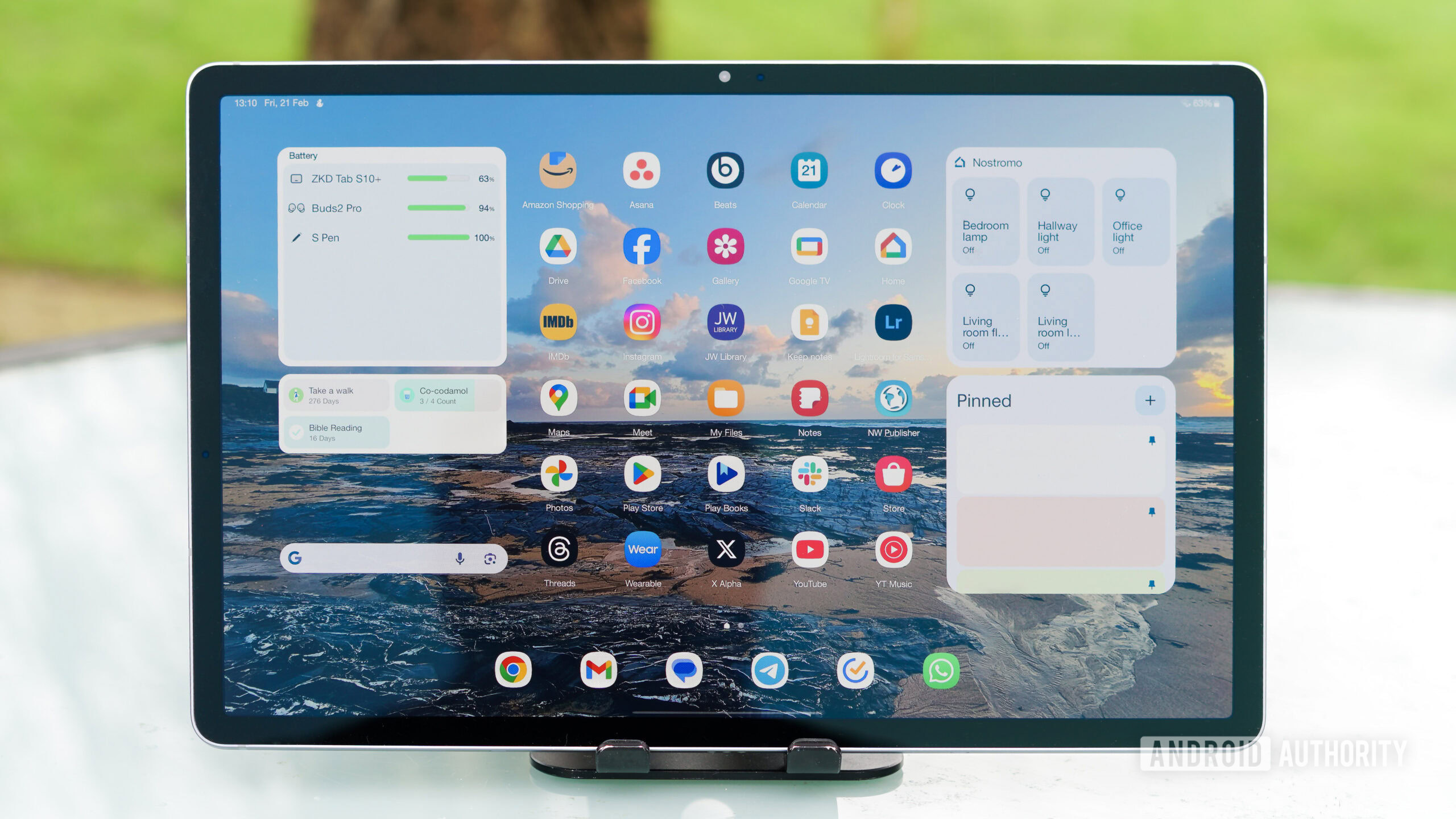






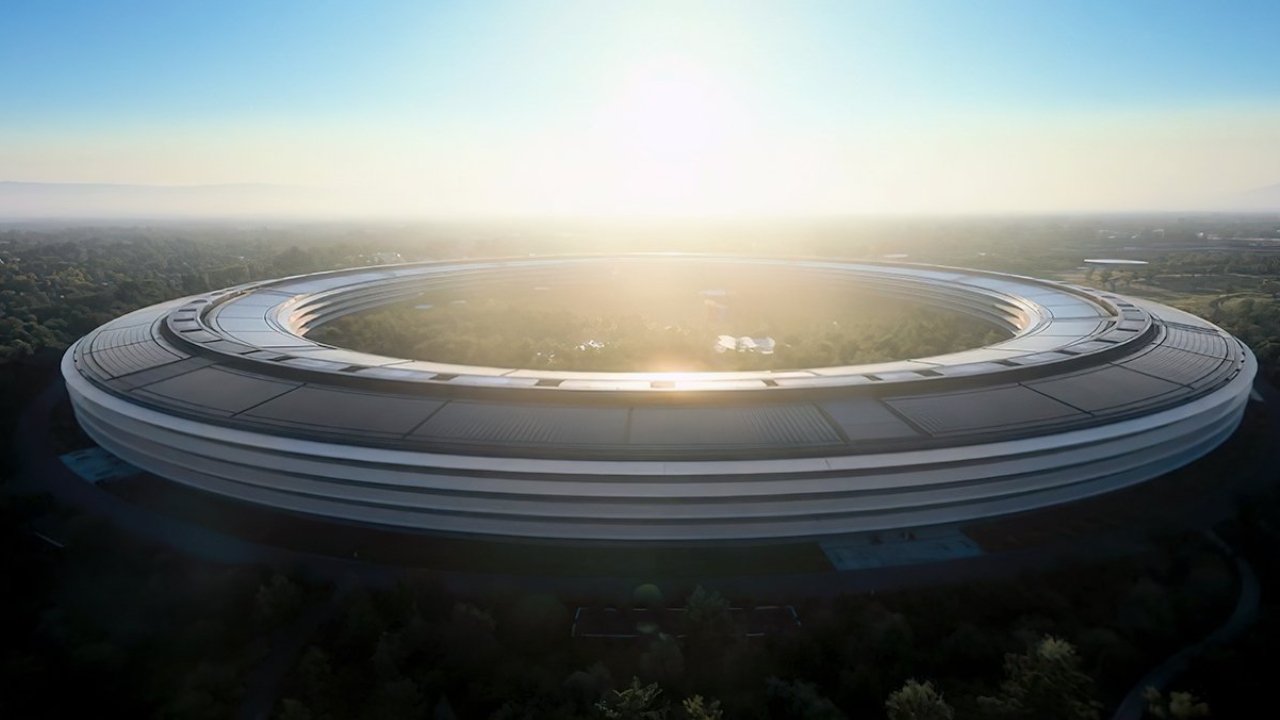

























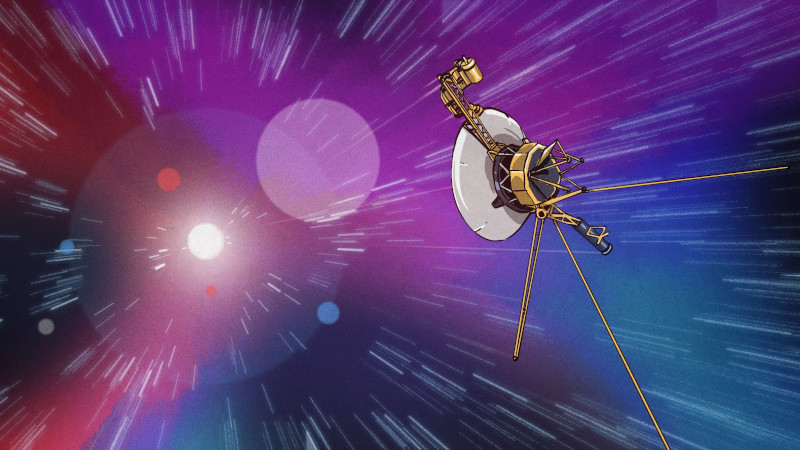



























































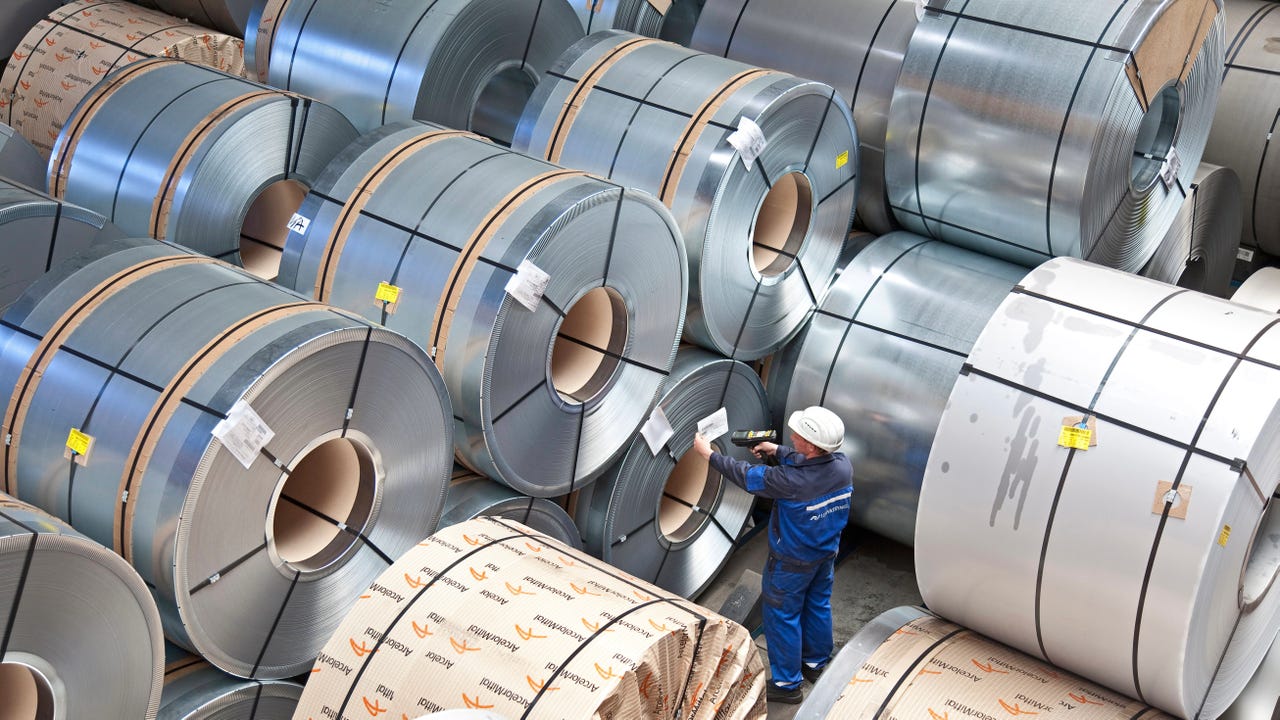

































































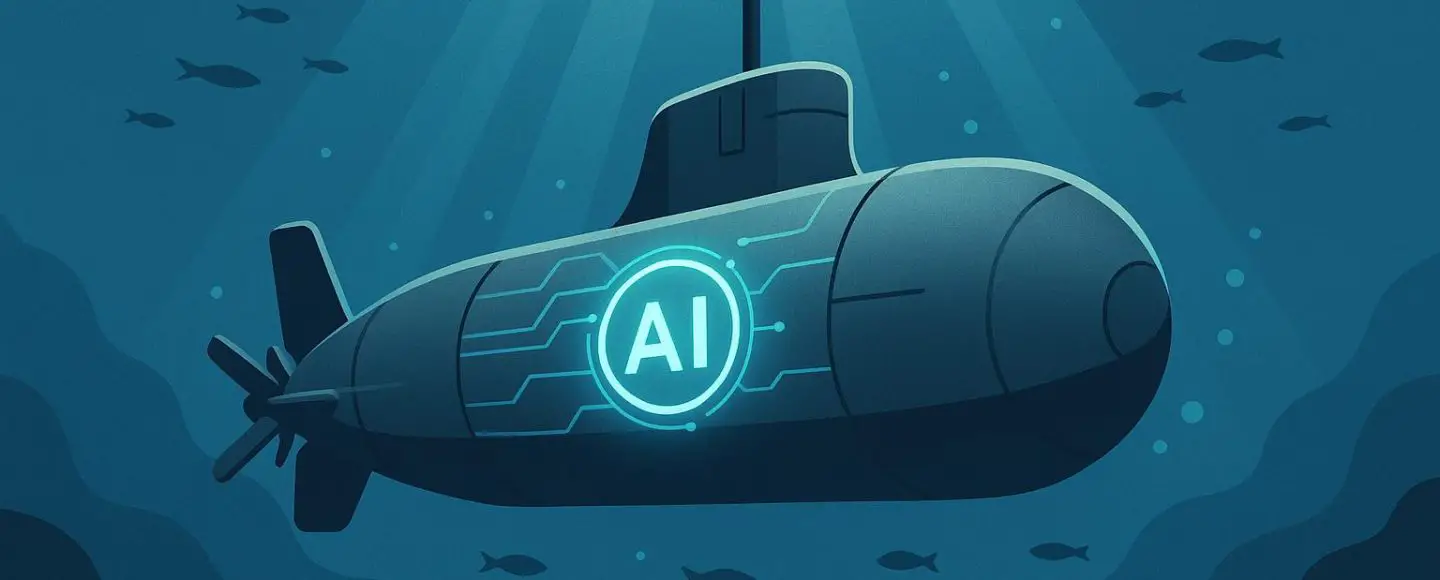










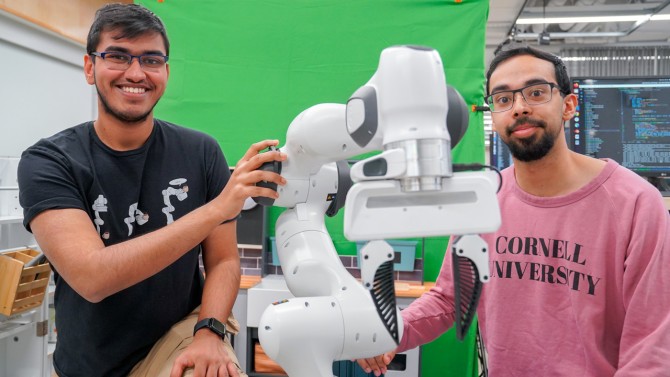

























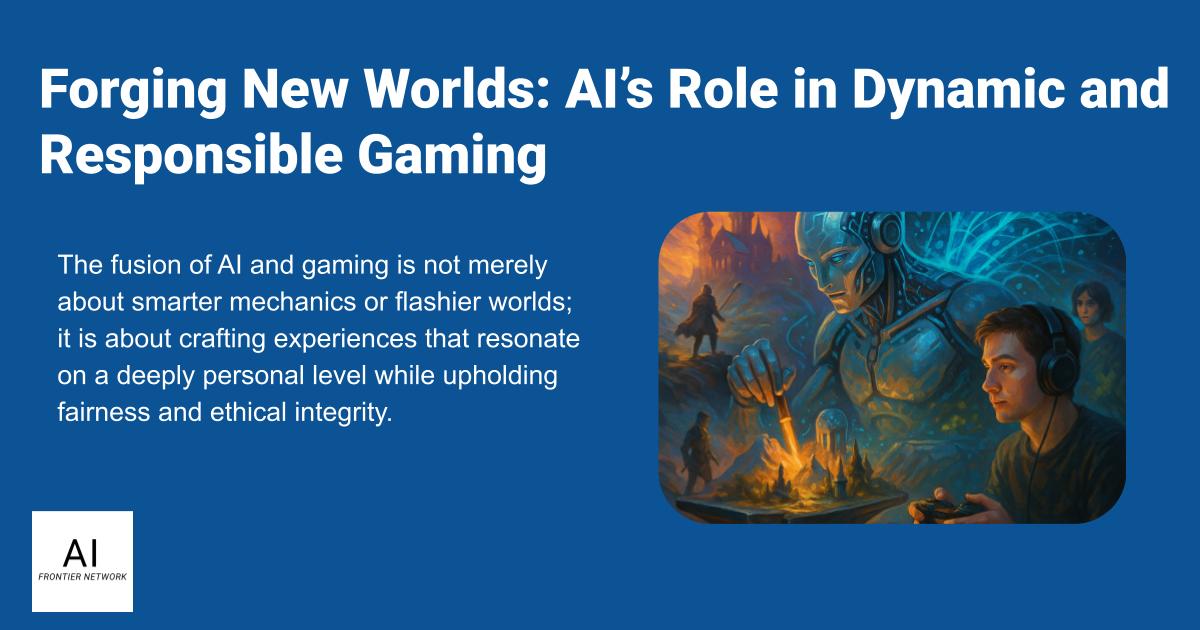
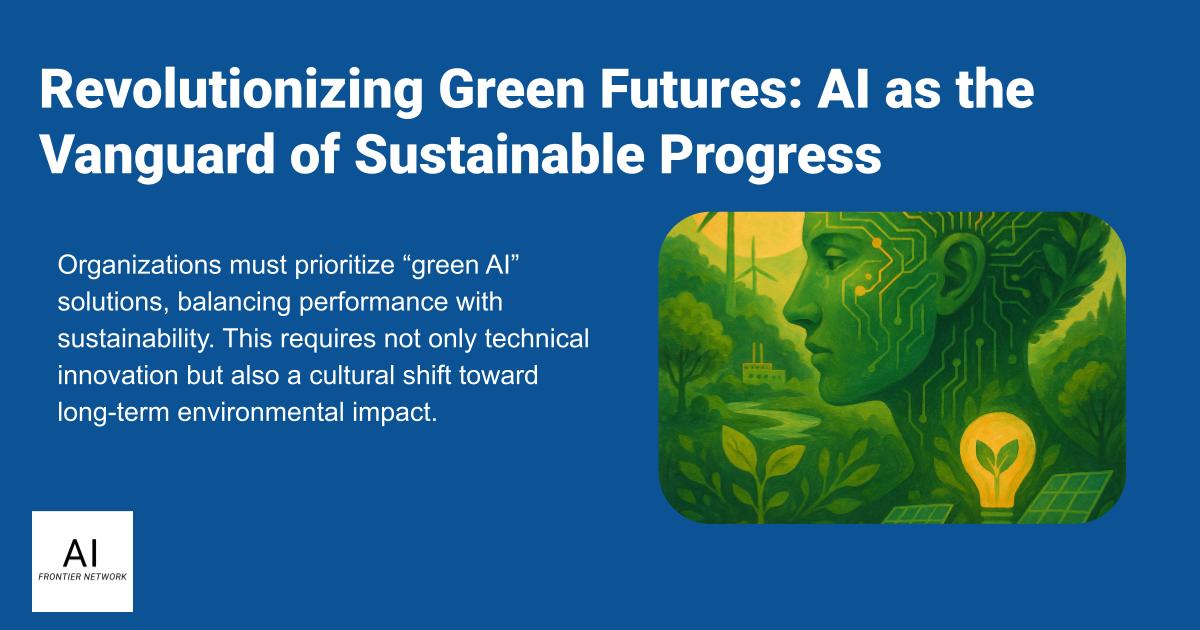
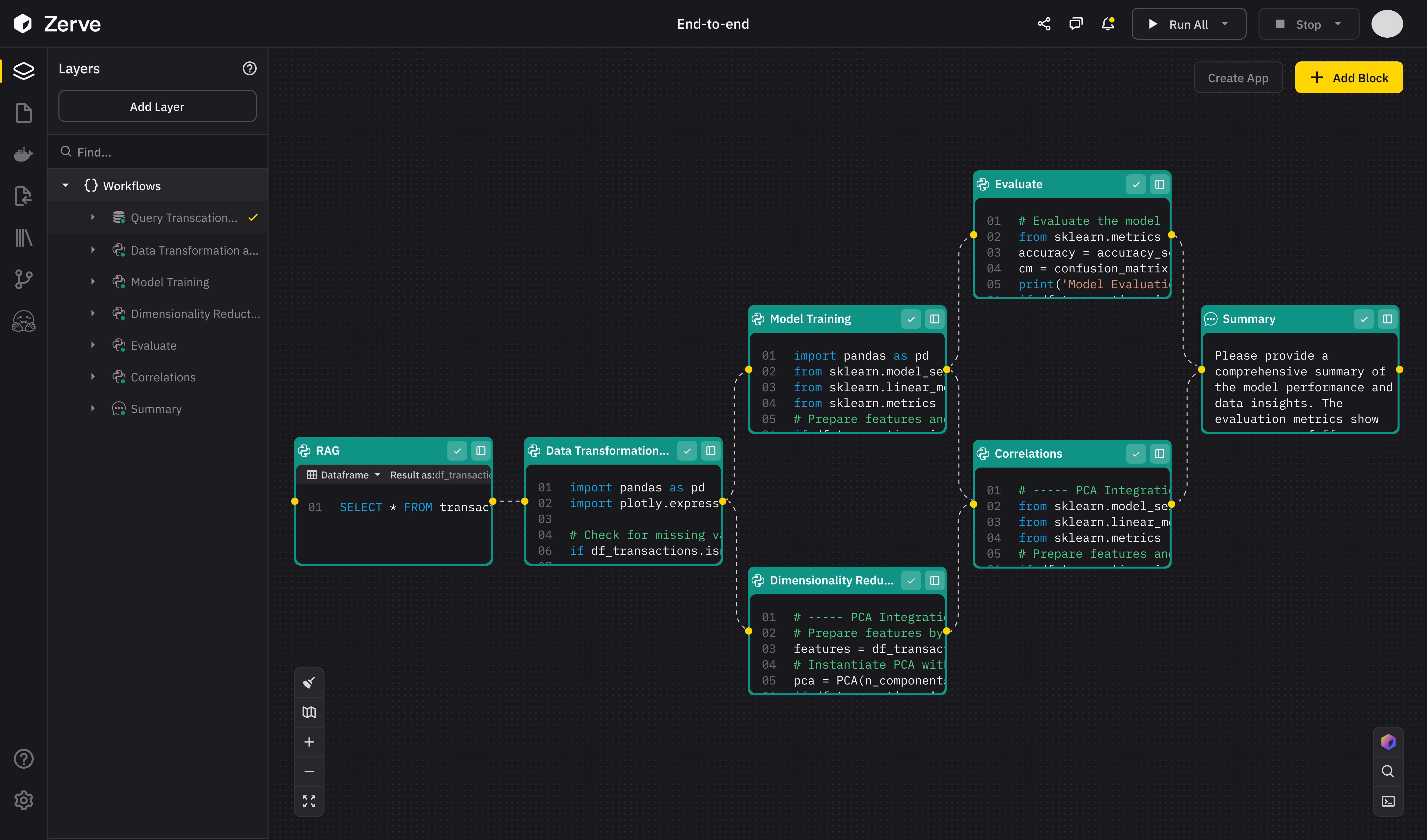
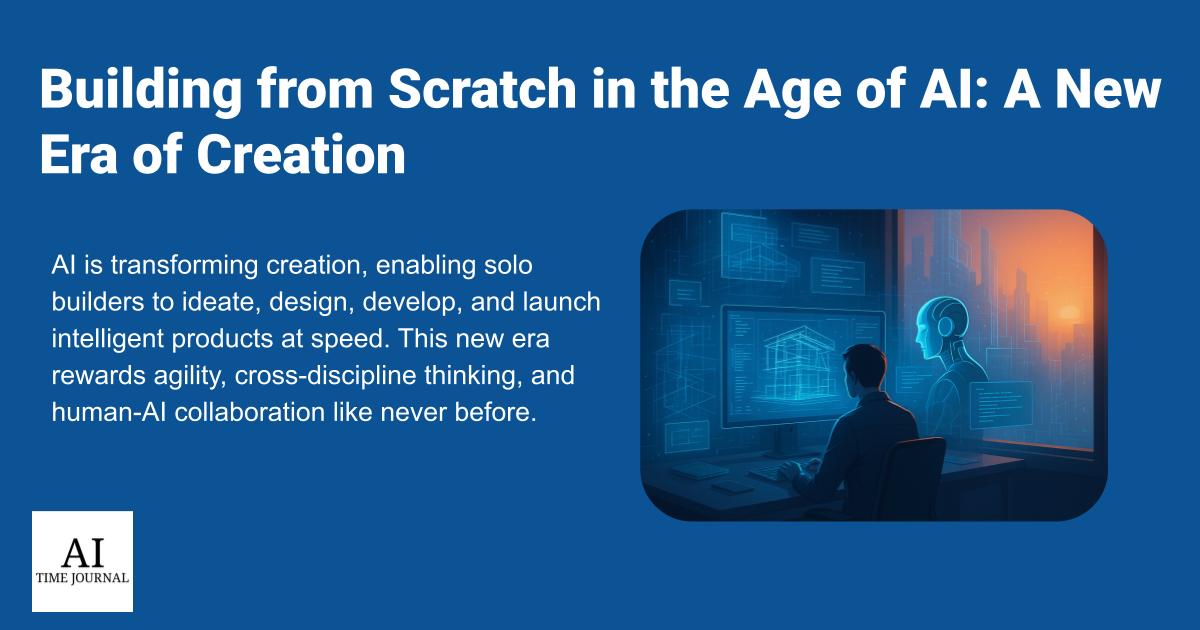











![[The AI Show Episode 147]: OpenAI Abandons For-Profit Plan, AI College Cheating Epidemic, Apple Says AI Will Replace Search Engines & HubSpot’s AI-First Scorecard](https://www.marketingaiinstitute.com/hubfs/ep%20147%20cover.png)


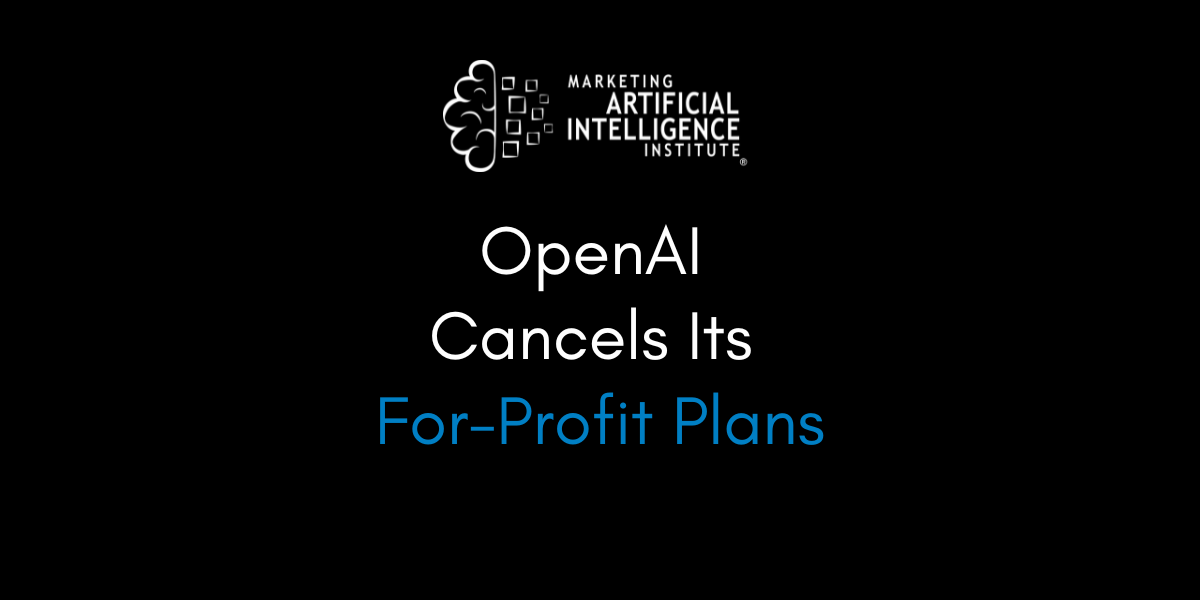





















![How to Enable Remote Access on Windows 10 [Allow RDP]](https://bigdataanalyticsnews.com/wp-content/uploads/2025/05/remote-access-windows.jpg)










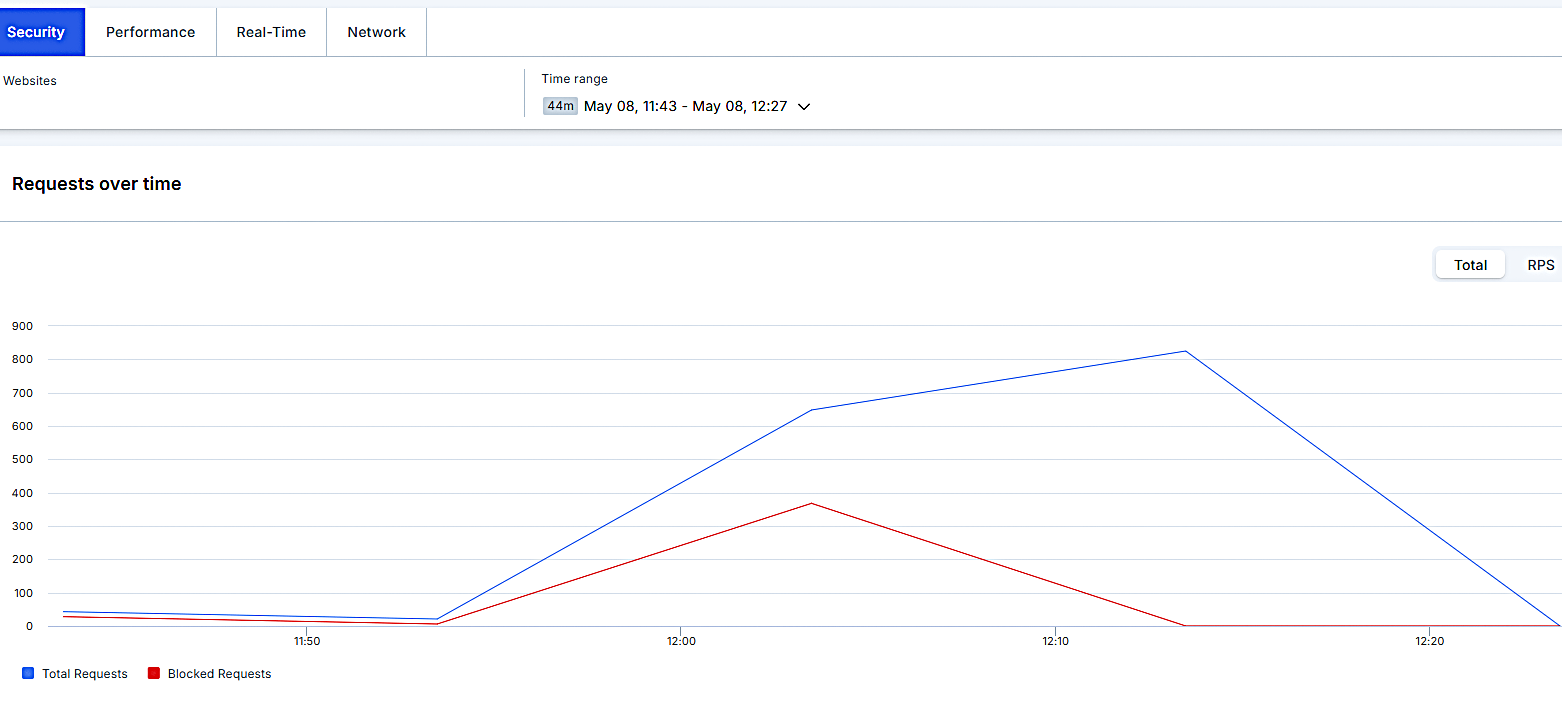




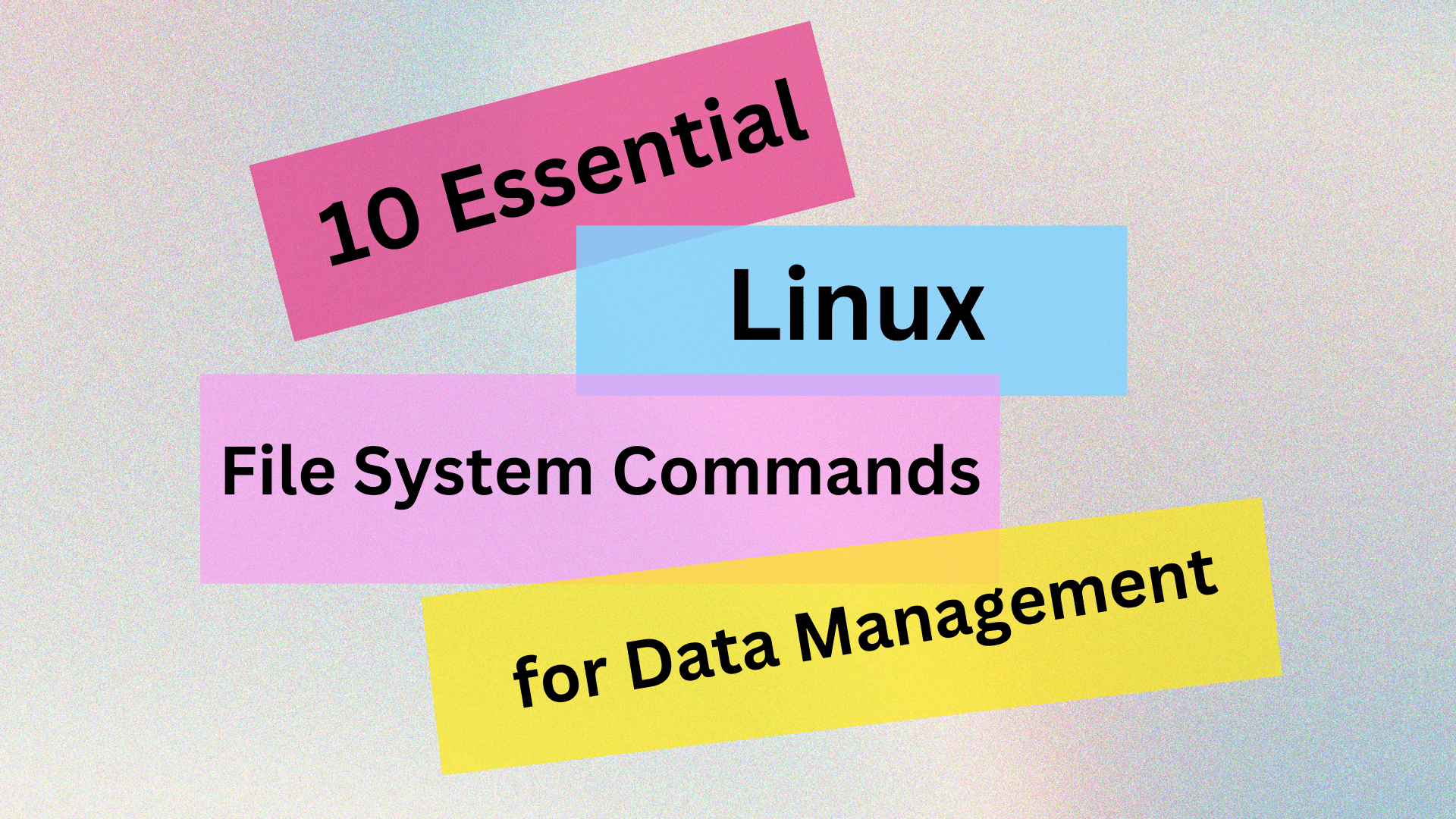







































































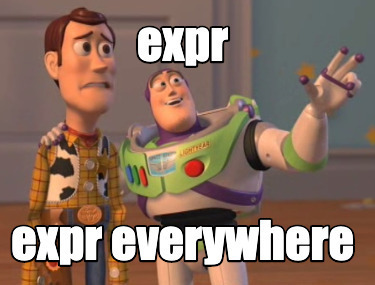

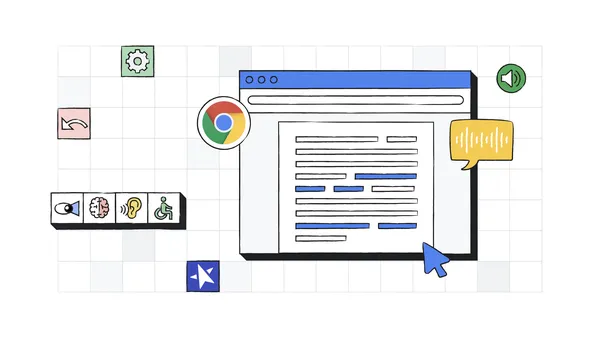





















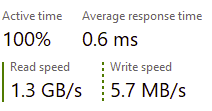




































































![Artist Shocked To Find Her Poster Designs From 2017 In Bungie's Marathon: 'A Major Company Has Deemed It Easier To Pay A Designer To Imitate Or Steal My Work Than To Write Me An Email' [Update]](https://i.kinja-img.com/image/upload/c_fill,h_675,pg_1,q_80,w_1200/4ce7afff77473c3cccca9cc349c42790.jpg)
















































